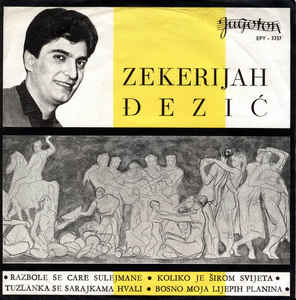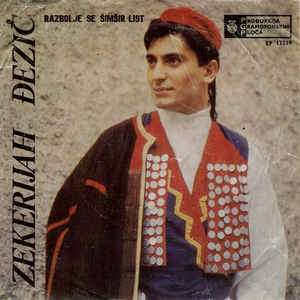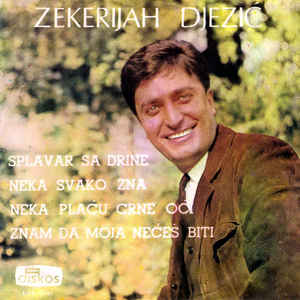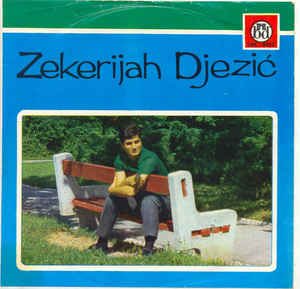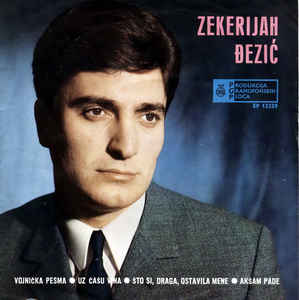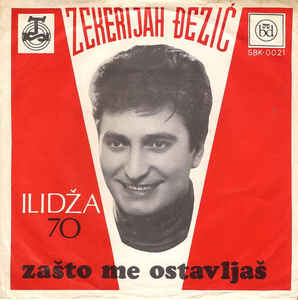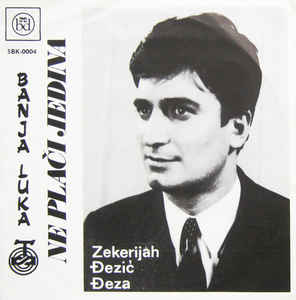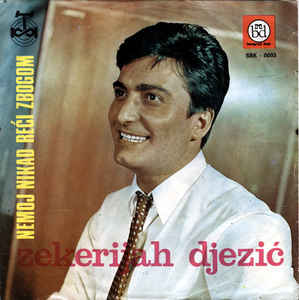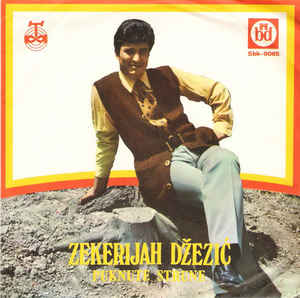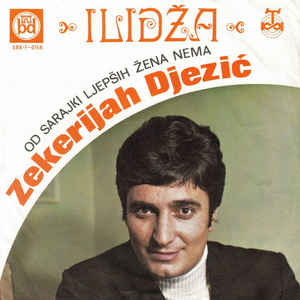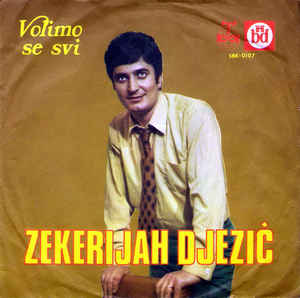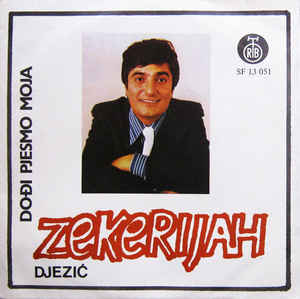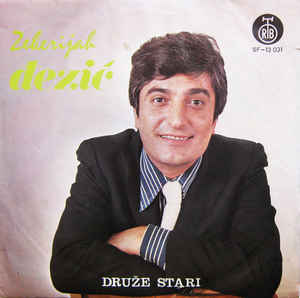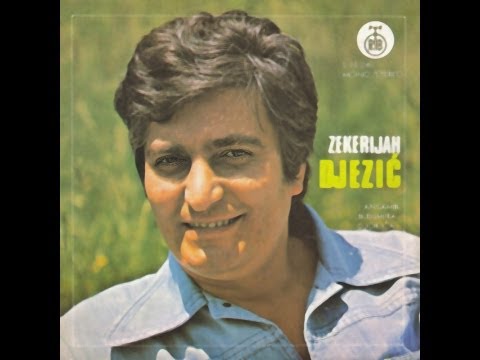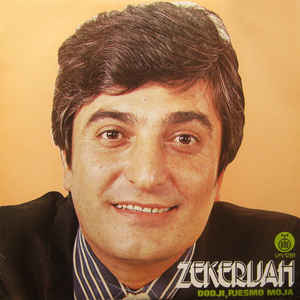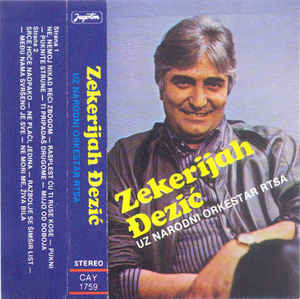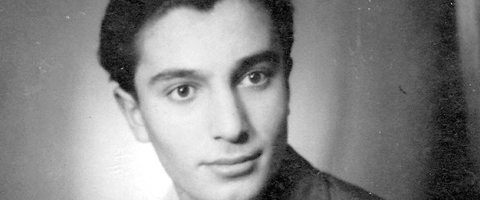
Zekerijah Đezić, born on 14. November 1937 in Janja, was an outstanding performer and the guardian of Bosnian lyrical song – sevdalinka.
His father, Halil efendija Đezić, was an Imam, remembered by his beautiful voice and was a favorite among the locals because of his big heart and socializing with people. Zekerijah, like many others from Janja, began singing from the early age, and they had already predicted a rich singing career for him, even then. Janja had always been a nursery for singing talents, so no one was surprised when he, in his young years, turned to singing.
In his birthplace, he came out in front of a microphone accompanied by the accordion player and pedagogue Hazim Hanušić and he immediately attracted attention to himself, especially by the female part of the audience. An unusually handsome male with dignified posture and divine voice, he started singing in famous summer café in the City park, and immediately became a local star. His interpretations of the world’s mulches were unforgettable. They say, when he sang the then-famous song “Granada”, not even the leaves in park would be rusty, so that the sound of it would not intervene. Soon he went to Tuzla, to the Higher Pedagogical School, and the musical education he got with the professor Stojan Nestorović. Then he enrolled in the Pedagogical Academy in Sarajevo – Department for Yugoslav Literature and English language. After the studies, he was employed as a professional speaker, from 1955 to 1965 at Radio-Tuzla, and after that Radio and TV Sarajevo.
His deep, suggestive voice marked many radio and television shows. But he gained much more popularity by singing, even though, there, just as in life; he was extremely humble and unobtrusive. While still in Tuzla, he recorded, in 1965, the first gramophone plate for Zagreb’s Jugoton. It was, as it was called then, a single-plate, small, with two songs. The title was “Bosno moja, lijepih planina”, perhaps the best interpretation in the history of Bosnian music. He also recorded the first Tuzla new age sevdalinka – “Tuzlanka se Sarajkama hvali”. So his career started.
Zekerijah Đezić was a true gentleman among the then singers. He did not sing at the cafes, he did not record just anything; he did not push himself just anywhere. Honored by the real music lovers, women’s favorite, the buddy and the big man, he lived his life the way he knew and could. He was invited to all folk music festivals, from “Ilidža” to Vogošća Festival, and received numerous awards at these festivals. His interpretations have been preserved in the archive of Radio Sarajevo.
“I’m not a picky man,” he said then. “I just feel what I love, and I sing it. But I’ve never come into the situation, like some of my colleagues, to choose what to sing, and then I’ll sing something that was not needed anyway. ” Zekerijah Đezić was the voice and the appearance for the world’s stages. It is well-known that tenors are holding a main place between the singers, so it is in the classical music (for example Pavaroti trio, Kareras, Domingo), as well as in the Bosnian song. But his velvety bass-baritone, his exquisite diction, and his dignitary chanting and holding made something quite new, something unmistakable, something no one but him, had before or after. And he remained quiet and humble, a true person to hang out and sing with friends. Especially in his hometown Janja, near the Drina river. And that, along with the family, was enough for him to be happy.
“I will not say I’m asking just a little from life,” he would tell reporters. “No. But, somehow, what I’m asking for, I get … I have my jobs I do, my little worries and joys, the Sunday afternoons filled with football, understanding in the family … And that’s enough. ”
But he was not just a singer, but also a composer. He is remembered, forever, for his song “Razbolje se šimšir list”. And even if he never sung or composed anything else, this would be enough to secure his place in the music history of this country.
And everything in his life was just right until the hell years approached. The family broke off, the evil had drowned us all, and it was no longer time for the song. In the toughest days Zekerijah Đezić proved to be a real Bosnian, he did not spare himself helping the country and the people. Along with Omer Pobrić and Zaim Muzaferija, he started the festival of folk music in Lukavac during the war, he went wherever he was called, he also recorded the first Bosnian patriotic song “Ne daj se Bosno” with Omer Pobrić and several singers. But the death of Bosnia as he knew and liked, like so many others, he could not survive either. He died on October 17, 2002 after a serious illness in Sarajevo.
Posthumously he was awarded the “Davorin” Award in 2003 for the affirmation of the original Bosnian song.

